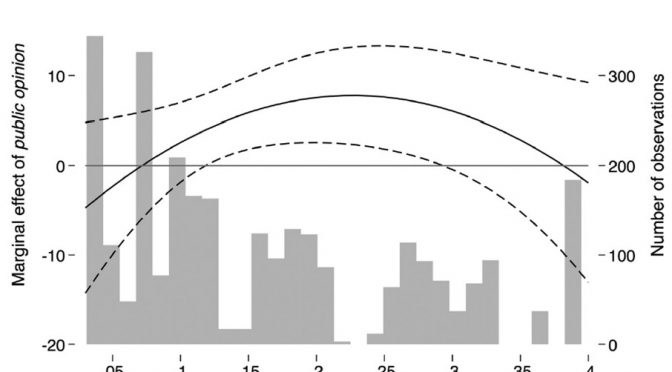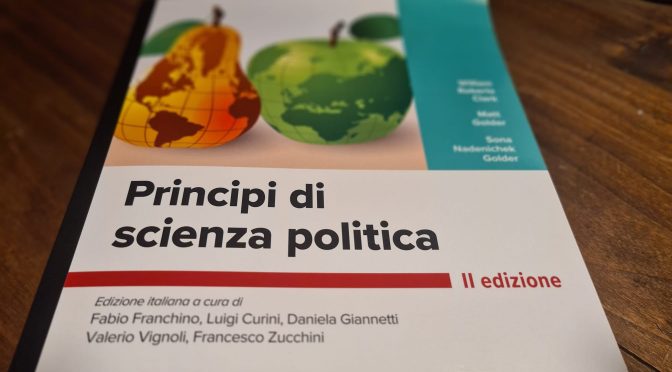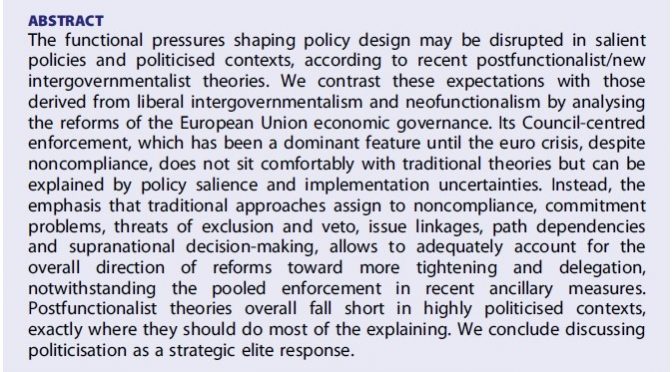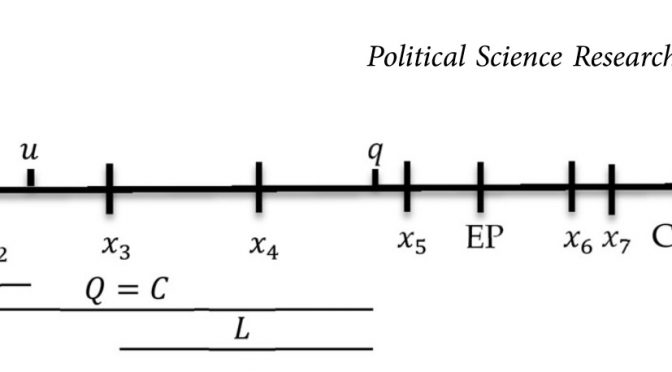Fabio Franchino is Professor of Political Science at the Università degli Studi di Milano
-
The Excessive Deficit Oversight of the European Union Works

Since 1994, the budgetary process of European Union governments can be subject to a supranational oversight procedure if the deficit is deemed excessive. Does it work? In brief, yes. In this work, I show that the impact of surveillance during budget drafting offsets that of a two-year shortening of expected government duration, the addition of…
-
Noncompliance risk, asymmetric power and enforcement design

In the European Union, states can distribute enforcement prerogatives between a supranational agency, over which they exercise equal influence, and a Council of ministers, where power resources mostly vary by country size. What shapes attitudes towards different enforcement designs? States at greater risk of noncompliance should eschew deeper cooperation and prefer procedures over which they…
-
Electoral competitiveness and responsiveness in the EU

Several studies have reported a relationship between governments’ behaviour in the EU Council and public opinion. However, doubts remain about which mechanisms drive this relationship. We argue that governments align their behaviour with public opinion to forestall future electoral sanctions (rational anticipation). To test this, we deduce hitherto untested observable implications of rational anticipation which…
-
PRINCIPI DI SCIENZA POLITICA 2/ED

Principi di scienza politica è la migliore introduzione alla disciplina a livello internazionale. Questo testo trasforma studenti interessati al mondo politico che li circonda in osservatori analitici e sofisticati. Il volume offre una chiara e rigorosa introduzione dell’applicazione del metodo scientifico allo studio della politica e una tra le più complete e aggiornate rassegne delle…
-
Politicization and EU economic governance

Does politicization – the expansion of the scope of national conflict – shape EU policy design? Are the functional pressures shaping design disrupted? We address these questions with regard to the EU economic governance regime in this @jepp_journal article. We reach the following conclusions: a) This regime, based heavily on Council-centred enforcement, is clearly not…
